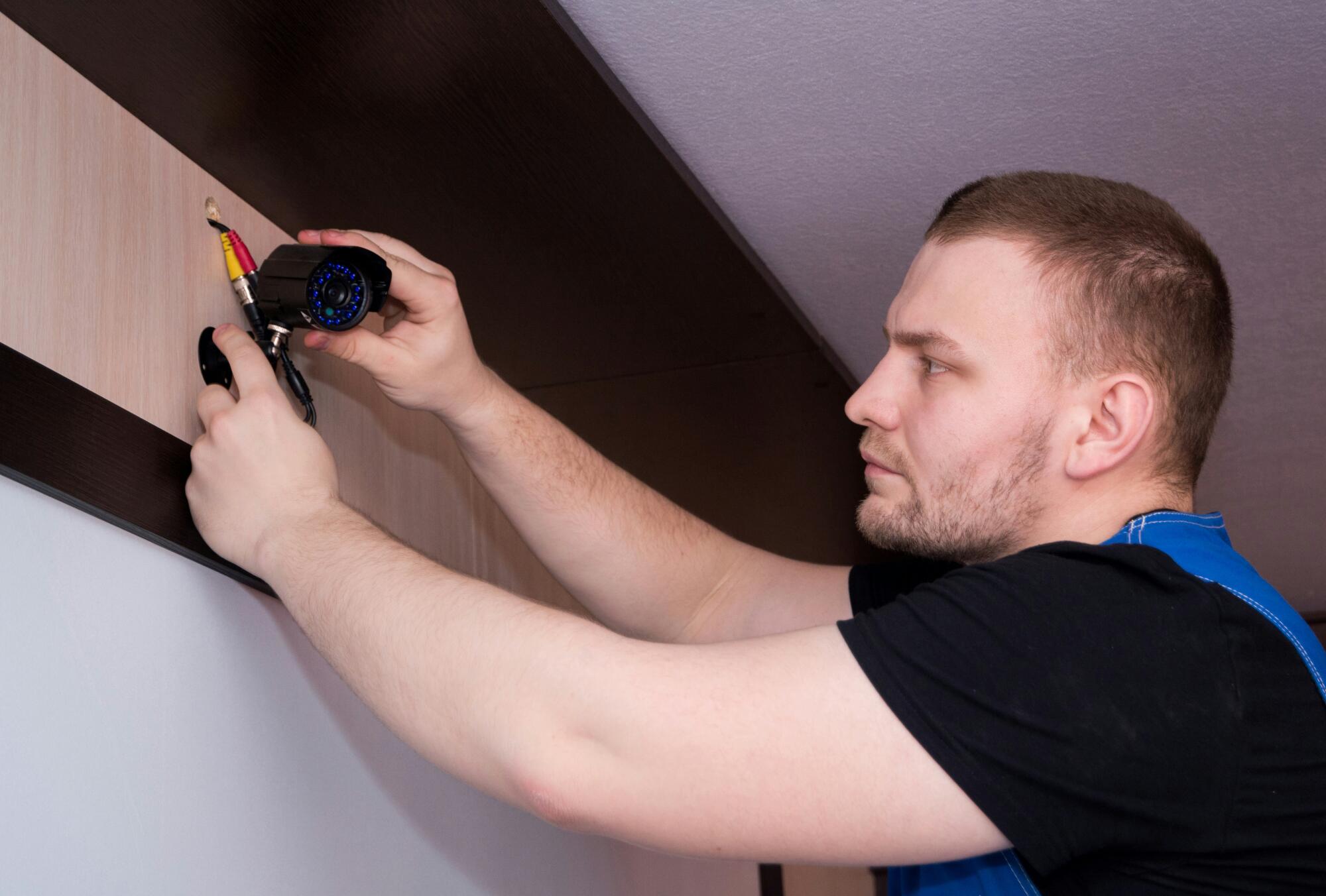In the US, an estimated 23 million homes rely on private wells for drinking water. Well water provides a reliable and renewable source of drinking water, making them so popular. The EPA does not regulate these private wells, so homeowners are responsible for the safety of their well water.
In Florida, 90% of the population relies on groundwater for drinking water. Although groundwater is better protected from contaminants than surface water, chemicals and bacteria can still reach them. As a result, well water testing is essential to know if your water is contaminated.
Read on to learn more about testing well water in Florida to ensure your family’s water is safe.
1. Florida Water Testing Laws
Florida does not have any laws that require individuals to test well water when private homes are sold. But, some lenders like the Federal Housing Administration and Veterans Affairs will require water tests as part of their loan process. You, the homeowner, are responsible for setting up the water well testing to close on your loan.
Florida has laws about public sources of drinking water being tested, but there are no laws that require private well owners do routine water testing. It is up to private individuals to test that their water meets EPA and local standards.
Some counties in Florida have rules that call for well water testing when an individual builds a new private well or conducts repairs on one. Regardless, if you are building a new home and a new well, you should get the groundwater tested to ensure your water is safe.
2. What Should Your Well Water Test Kit Check For?
You should test your well water for nitrates and bacteria. These are the two most common types of water contaminants found in Florida groundwater. But, you should also be aware of other pollutants common in your local area.
Florida has a lot of agriculture which can cause runoff of toxins and pesticides to make their way into the groundwater. Sulfer is another common issue that Florida homeowners find in their drinking water. Some other contaminants you can test for include:
- Ions
- Fluoride
- Arsenic
- Total Dissolved Solids
3. How Often Should You Do Well Water Testing?
You may have had your water tested when your home was built, or you first bought it, but the quality of your well water changes over time. You should get a well water test at least once a year. A test for potability, nitrates, and bacteria should be a priority.
You should test your water even if no one has gotten sick or there has been no change in taste or color. There could still be contaminants in your water that you don’t notice. If you do see a difference, it’s best to get a well water test kit and check for contaminants as soon as possible.
When testing well water, you’ll want to test from two places, the source of your water and the tap. These sources will give you a clear idea of the safety of your drinking water.
Make Sure Your Drinking Water Is Safe
Well water testing is a simple and cost-effective way to ensure your drinking water is safe. Testing on a routine basis will point out any issues, so you can hire a professional to help you get your drinking water safe again.
Are you worried about your home’s well water? We here at Central Florida Building Inspectors can help you get back your peace of mind. Click here to schedule a well water test today.










